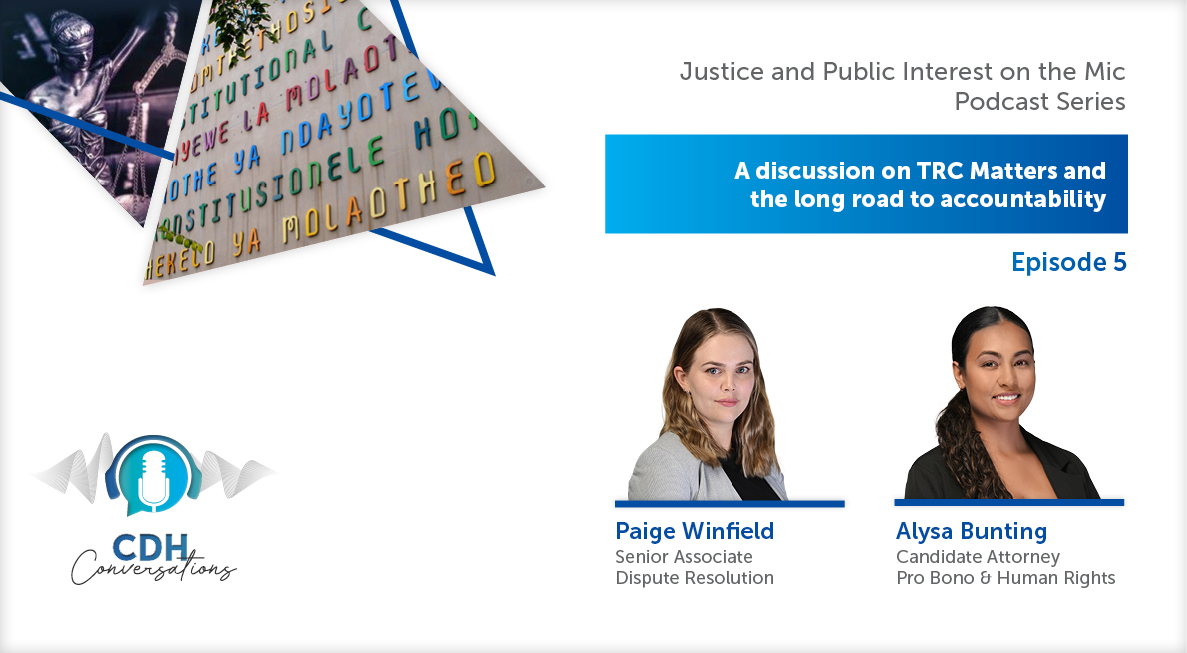Subordinated debt in business rescue
First, back to the basics: A subordinated debt is a type of debt that receives a lower priority level in terms of its claim to a company’s assets when the company is unable to pay its debts and becomes insolvent. If a company defaults on its debts, the debts have an order of priority that determines when or if they will receive payment. The generally accepted view is that subordination happens by way of a written subordination agreement wherein a creditor formally subordinates its claim/s to either one particular creditor or all of the creditors of a company.
In considering whether to subordinate any of their debts, lenders must grapple with a number of issues including the impact of subornation on their voting interests in business rescue. The importance of voting interests and the extent thereof in any business rescue cannot be overstated. It can wittingly shape and nudge the business rescue process in a particular direction, hopefully for the benefit of all stakeholders.
The starting point is section 145(4)(a) and (b) of the Companies Act 71 of 2008 (the Companies Act). It says that a secured or unsecured creditor has a voting interest equal to the value of the amount owed to that creditor by the company in business rescue. It also says that a concurrent creditor who would be subordinated in a liquidation has a voting interest (as independently and expertly appraised and valued) equal to the amount, if any, that the creditor could reasonably expect to receive in the liquidation of the company. For example, if a subordinated, unsecured creditor stands to receive a dividend of say 50% in the event of liquidation of the company, such a creditor will have a voting interest equal to 50% of its claim in the business rescue proceedings of the company. In the same way, if such a subordinated unsecured creditor stands to receive no dividend in a liquidation of the company, it will have zero voting interest in the business rescue proceedings.
Therefore unsecured creditors with subordinated debts face a risk that their voting interests could have a zero-voting interest in business rescue. That is so because in a liquidation, an unsecured subordinated creditor will in all likelihood not receive a dividend. One way of addressing this would be for creditors to take security, to the extent possible, for their debts as the risk identified above will only materialise if a lender is a concurrent creditor. This may in itself be self-defeating as is it unlikely that many companies (many who are financially distressed) will have any tangible assets to be encumbered, post the pandemic.
Although subordinating loans has the benefit of assisting a company with its financial distress, directors must be cognisant of the fact that it will not exempt them from directors’ liability under the Companies Act. For example, if the effect of the subordination is that the company is no longer financially distressed because the particular debt which has been subordinated is no longer due and payable, the debt remains owing and remains included amongst the company’s liabilities. Therefore, a subordination of debt does not affect a company’s factual solvency position. Should the company remain factually insolvent, directors may still be held liable for trading recklessly under insolvent circumstances.
As society weathers the financial impact of the COVID-19 pandemic, the subordination of unsecured debts is one of the measures that companies and lenders alike are starting to consider in order to kickstart their businesses and avoid the inevitable financial distress of the company. However, such subordination does come with associated risks, especially should a debtor company be placed under business rescue proceedings (i.e. being unable to vote on a business rescue plan) and further being open to directors’ liability. Therefore, there is no quick fix and clients should consult us as to the best course of action in the circumstances.
The information and material published on this website is provided for general purposes only and does not constitute legal advice. We make every effort to ensure that the content is updated regularly and to offer the most current and accurate information. Please consult one of our lawyers on any specific legal problem or matter. We accept no responsibility for any loss or damage, whether direct or consequential, which may arise from reliance on the information contained in these pages. Please refer to our full terms and conditions. Copyright © 2025 Cliffe Dekker Hofmeyr. All rights reserved. For permission to reproduce an article or publication, please contact us cliffedekkerhofmeyr@cdhlegal.com.
Subscribe
We support our clients’ strategic and operational needs by offering innovative, integrated and high quality thought leadership. To stay up to date on the latest legal developments that may potentially impact your business, subscribe to our alerts, seminar and webinar invitations.
Subscribe




